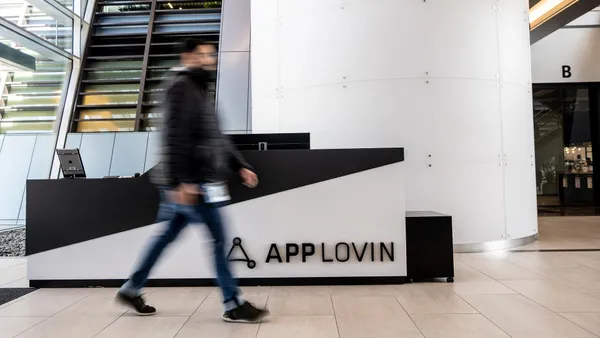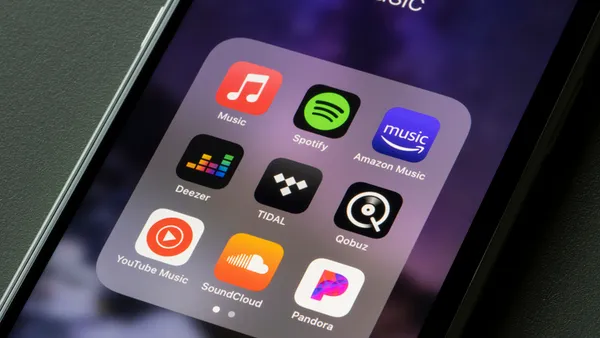Dive Brief:
- Seventy-one percent of U.S. consumers worry about how brands collect and use their personal data and 34% don't trust tech companies with their digital privacy, according to a new survey by ExpressVPN made available to Marketing Dive. Amazon was the most-trusted technology company at 30%, followed by Google (27%), Apple (22%), Microsoft (22%) and Facebook (19%). The least trusted were Uber (5%), Snapchat (6%) and Twitter (8%).
- Nine out of 10 Americans worry about online privacy and data security, with 54% citing identity theft and 16% credit card fraud as top concerns. Fifty-five percent worry about their conversations being monitored by smart-home devices. Sixty-eight percent said they're concerned about their security online, with 45% most nervous about banking and financial transactions, 15% concerned about online shopping and 15% about using public Wi-Fi.
- Other findings show that 76% think broadband providers shouldn't have the right to sell consumers’ internet activity information. Nearly three-quarters (72%) worry about the future of the internet without net neutrality, which the Federal Communications Commission plans to repeal. Without net neutrality, 80% of consumers think broadband providers will give priority to companies who pay to play, 78% think customers will be forced to pay extra to access certain sites, 76% think data transmission will slow and 75% think certain content and sites will be blocked.
Dive Insight:
Marketers and tech platforms have their work cut out for them in setting consumers' minds at ease when it comes to the security of their personal information and online behaviors. Issues around data privacy have sharpened in intensity in recent months amid Facebook's Cambridge Analytica scandal and upcoming regulations like the EU's GDPR. Most online users ultimately feel like they've lost control over what information is collected about them online and how it's used, a recent Pew Research survey found.
These feelings of unease might worsen with the pending repeal of net neutrality, which faces fairly bipartisan opposition, according to the VPN survey. Deteriorating trust in internet companies and the quality of the services they provide could hinder adoption of new technologies marketers are excited about, like smart-home devices. Amazon leading the way for consumer trust is interesting given that it's one of the leading smart-home providers with its Echo products. Uber polling low is perhaps unsurprising given the large data breach it was exposed to in 2016 and its subsequently poor handling of the situation.
While marketers also have their own concerns about digital marketing, being more transparent about what information they collect and use to target ads can win over consumers. Brands that are upfront about how they use information to target ads can boost engagement levels by up to 40%, according to a recent study by Maritz Motivation Solutions and researchers with the Harvard Business School.












